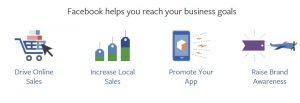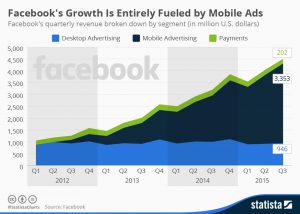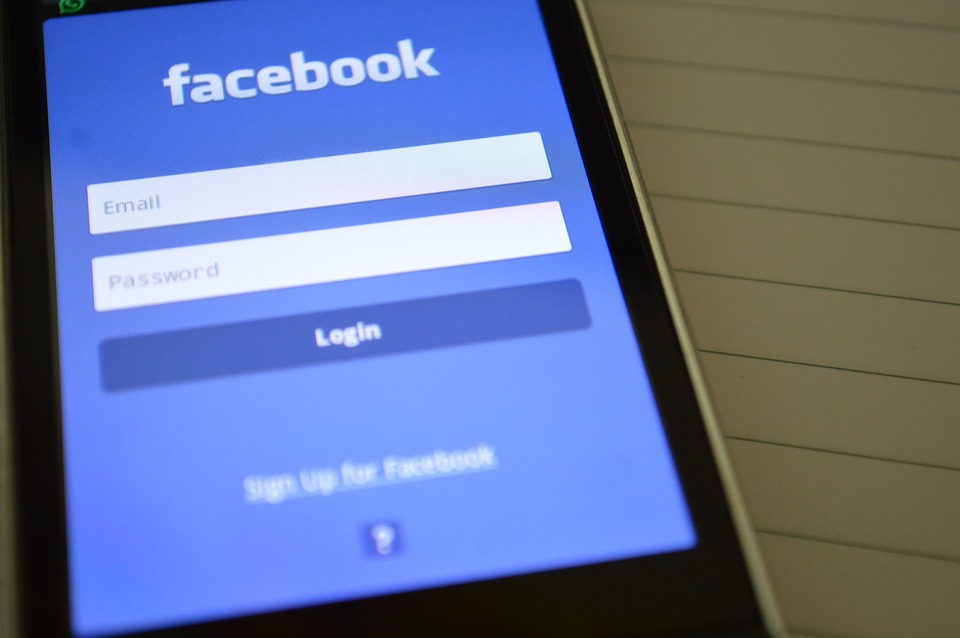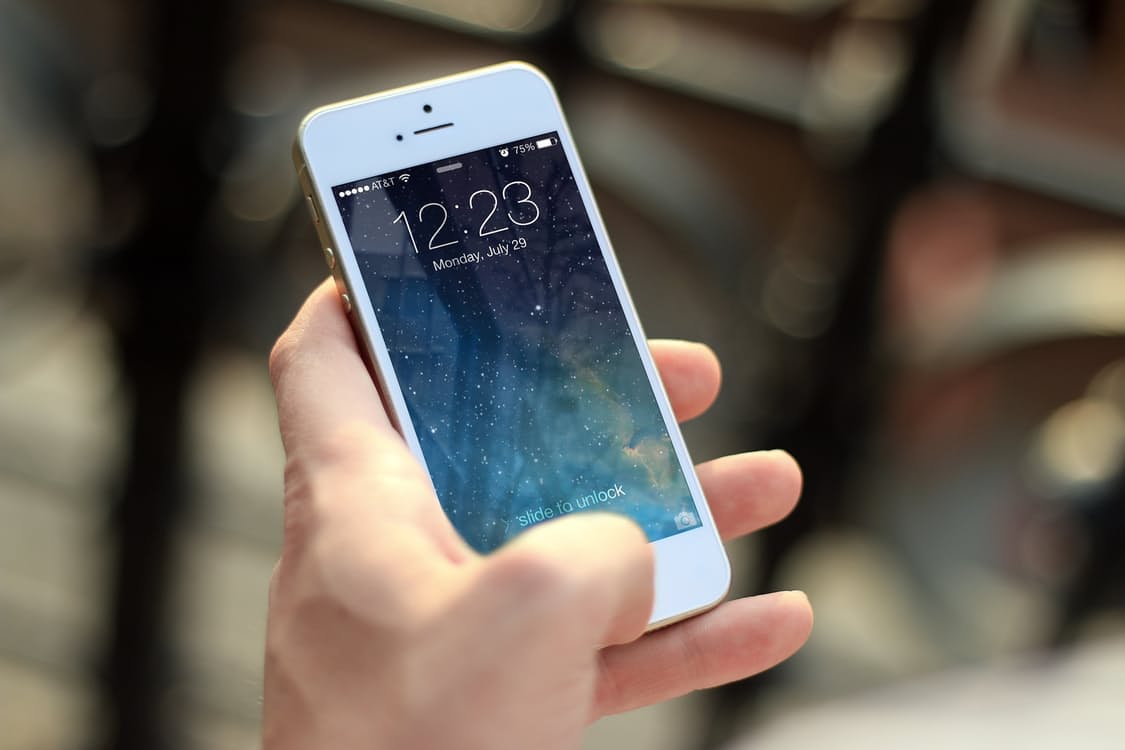Without Facebook, marketing would be a mistake. To strengthen this belief, Facebook is refining its ad targeting methodology. In 2017, it will pounce on user’s offline data to maximize ROI from ad-spend campaigns done on Facebook. It will collaborate with six mega-data collection, verification and analytics firms in 2017. From a purely social media and networking site, the Menlo Park-based company has grown into a major advertising platform in recent years.
In a bid to consolidate its ad targeting efforts, Facebook now intends to buy offline user data. It will enthuse marketers who rely on Facebook for social media analytics. They can now gain more ROI from their ad-spend efforts based on offline user metrics from Facebook .
Facebook and Its Third-Party Data Partners

Facebook for Business is an enticing model for marketers to sell online or via app. To boost its connectivity with users, knowing what they do offline is very important. Therefore, Facebook has partnered with six data collecting organizations—Acxiom, Epsilon, Experian, Oracle, WPP and Transunion. All these companies combine creativity and technology to extract valuable data by prompting users to act and reply. Facebook has acquired the services of these companies to see how its active users interact with diverse service providers across banking and insurance, e-commerce, automotive, hospitality, healthcare, education and many more.
For example, Transunion is a credit score reporting company. Facebook users who check their credit scores at Transunion will add to the offline metrics.
Acxiom, on the other hand, offers user on-boarding services to leading marketers. It will add offline data based on how users react to shopping experiences in malls, showrooms and social events after seeing a campaign online. In December 2016, Acxiom launched Facebook Google Categories in Japan to provide offline consumer behaviour data and lifestyle attribute data packs.
Digging into Data: Collaborations in the Past
This is not the first time that Facebook is relying on a third-party data collector to fill its offline attribution channel. Back in 2012, it partnered with Denver-based data collection company DataLogiX (DLX) to study how ad-spend on Facebook affects in-store sales. DLX had purchased data from 70 million American households by employing loyalty cards and reward programs at over 1000 retailer outlets. DLX has since been acquired by Oracle in 2014, and is now part of Oracle Data Cloud.
According to the Facebook-DLX study, customers are twice as likely to return on ad-spend campaigns when ads are posted in News Feed section compared to campaigns without ads in News Feed. For marketers driving multi-channel campaigns, this study proved the infallible stature of Facebook as an advertising platform.
In April 2016, global media measurement and analytics company – comScore partnered with Facebook to cover its viewability metrics for video and display ad campaigns on both desktop and mobile platforms. Nielsen, Moat and Integral Ad Science are other third-party data measurement and verification partners of Facebook .
Facebook Redefining Online Ad Targeting With Offline metrics
Apart from Google, Facebook is the largest online data collecting organization. A mix of online-offline user data analytics will help marketers paint a clearer picture about their marketing and for ad targeting campaigns.

Facebook has committed to provide user data privacy. It does not sell user’s personal information to its third-party data verification partners or advertisers. However, it will share its insights to marketers on how Facebook-specific ad-spend influences marketing campaigns across many different ad platforms.











